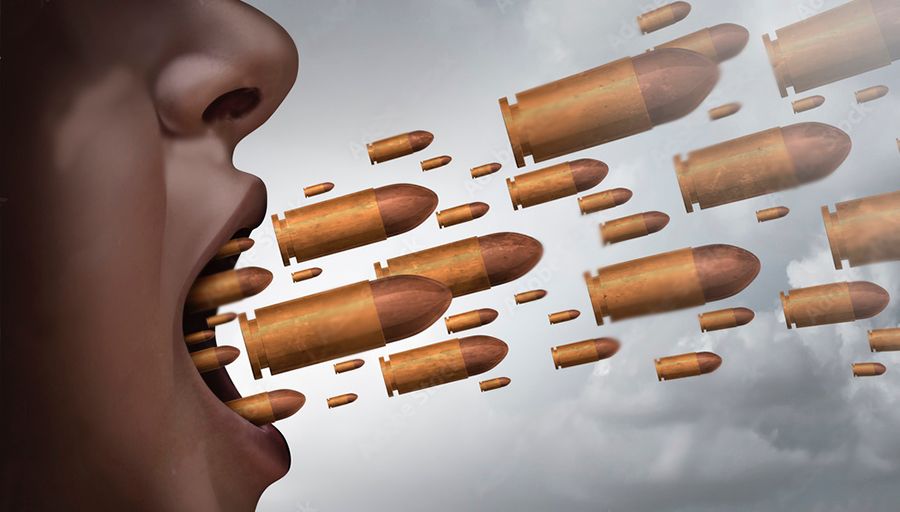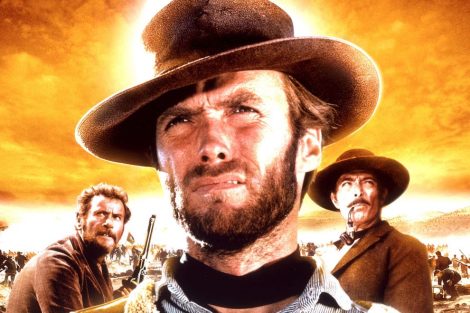Cesar Romero
Few ideas are more naive than assuming that a country cannot go bankrupt. Having control over the money-printing machine is no guarantee against failure, economic or political. Neither is the ability to take ownership of the national identity or the patriotic symbols. In fact, in the last 88 years – the period with the fewest wars in modern history – dozens of new countries have been created from the ashes of old regimes, collapsed or fractured.
For Mexico, the issue is not new. Just a couple of presidents ago, the dominant narrative in the mainstream media proclaimed the collapse and the rise of drug trafficking cartels, takin over all institutions. And by way of “evidence”: a tv camera panel was enough that went from the white sand of Cancun and girls in bikinis, to introduce the horrific images to a group of corpses poorly buried in the desert sand in the north of the country. We were, they said, a “narco-state”.
Among other things because proclaiming the imminent arrival of the apocalypse is intellectually cheap and blockbuster, catastrophism is one of the great fashions of today. Beyond the obvious – terrifying – similarities with the European populist political formulas of a century ago, some of today’s leaderships have been built by fanning the bonfires of intolerance, hatred and social resentment.
Never more true that “democracy is noisy” and, therefore, we must tune our ears to recognize virtues in political polarization, especially in the one that claims to combat the great vices of the old system: gross economic inequality and corruption. However, we would be very wrong to ignore the historical lessons about the rebellions of the “good people”, the fury of the fanatics and the excesses of power.
Shooting a journalist point-blank and then pretending to blame him for his privilege of driving an armored vehicle while dozens more have died with absolute impunity for his murderers is not right. Condemn who denounces an academic plagiarism from decades ago from who wanted to head the highest body of justice in the nation, either.
For a moment let me assume that both sides are right: that before, in the old neoliberal regime, the media were part of the corrupt machine at the service of the establishment and that politicians and criminals were the same thing. And that now, a new elite, allied with the usual mafias, seeks to control everything, and perpetuate itself in power. Although I honestly don’t think it’s that simple. Neither of the two rhetoric’s convinces me.
Personally, I don’t think we are really on the edge of the abyss. Despite so many “chachalacas” crying so loud, and from so many stands, it seems to me that Mexico will survive. If we could with 70 years of the PRI, what are, will they be, 9 years of the 4T. (Yes, nine: I see no alternative).
Strategically, the opportunities and advantages of Mexico are more or less evident. Although it seems clear to me that these are not times of strategy, but of fierce battles for the immediate. And it is precisely in this context – of fighting for candidacies, for positions, for business – that many things can go wrong, very wrong.
In keeping with this season of love and traditions, I hope, I wish, that the president keeps his word and in 2024 will takes refuge in his famous ranch, there in the southeast for which he has bet so much. I hope, I wish, that the institutions will resist, and we do not return to simulated democracies. And, above all, I hope and wish that together we continue to build a nation of citizens











